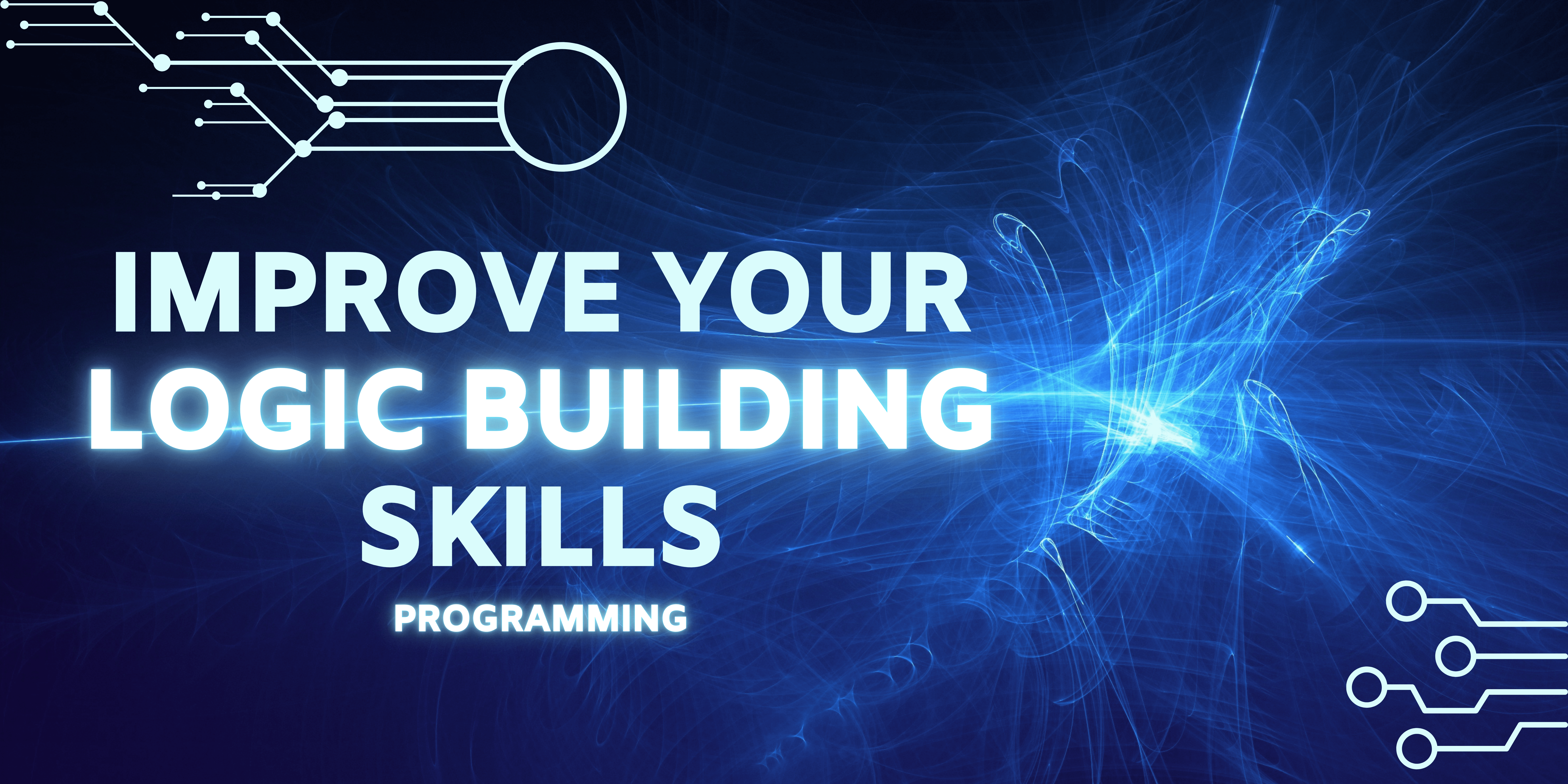
Image by Author | Canva
A lot of people start a career in software or data science and the first thing they focus on is grasping the programming language. When they move into working on real-life projects or start a new job, many of us get stuck on what to do next based on our lack of logic building. Thinking about the logic behind a programming task can be very difficult to master and simply not enough people speak about this.
In this article we will go through the tips and tricks that can help with your logic-building skills, however, it is important to note that these tips will only be worth your time if you act on them. Therefore you have to put them into practice.
Theory Is Key
The only way to truly understand the logic behind anything is by understanding the building blocks that make it. This is the foundation of anything that we know as the theory. If you do not have the theory down-packed, you will constantly be going back to the basics to understand what’s in front of you.
If you’re the type of person to read the theory and then tick it off your life and put it at the back of your mind – you’re doing yourself a disservice. Don’t leave out the basics and move on to the advanced topics – this is a common mistake and has not helped anybody who has made this mistake.
Theoretical knowledge is the concept that will help you visualise the breakdown of coding questions in your head and find the logic behind it. Even if you get to a chapter and are experiencing brain fog or the theory is not making any sense, don’t forget about it and move on.
Write Your Steps Down
Let’s go back to the basics and start to use pen and paper again. Yes, we live in the digital world but a lot of people underestimate the power of putting your pen to paper and writing down your thought process.
Write down the code on the paper first and slowly dissect it whilst writing down your train of thought. This alone is an element of logic building where you can then use your theory knowledge to aid you in understanding the task at hand.
Breaking it down into elements with your theory to back it will help you to come to a solution or revisit the code to pick up on anything you may have missed. Take your time and revisit it – this is where the next tip of patience and practice comes in.
Patience with Practice
The first thing you need to do is be patient with yourself. You may see a snippet of code in front of your teacher and have an ‘ah ha!’ moment but the second you’re by yourself you draw a blank. You need to be patient with yourself. Don’t rush your brain to try and understand the logic behind it. But take a step back and break it down into smaller parts whilst being patient with yourself and it will slowly fall into place.
Once you’re able to be patient with yourself, you will see that the time you took to really understand and learn something properly will save you years of going back and forth. Being patient is key in practising your skills. You will have more time to solve a problem without the timely stress and understand the problem at hand.
You want to be doing as many practice questions as possible whilst also doing dry runs on your code to ensure that your logic behind the solution makes sense before executing it to ensure it is correct. This is also another way of practising by solving the problem yourself before seeing the actual answer.
Another way to practise is to set yourself a task to solve 10 problems a day to continuously keep on top of your learning. This level of practice is key to the development of your logic building.
Wrapping Up
When you think about logic building around programming, a lot of people freak out because they do not understand the task at hand there and then. However, the 3 tips above will allow you to break things down in a patient and understanding manner before you start to see the pieces of the puzzle fit. It may not be time-effective but it is definitely effective for the longevity of your programming career.
Nisha Arya is a data scientist, freelance technical writer, and an editor and community manager for KDnuggets. She is particularly interested in providing data science career advice or tutorials and theory-based knowledge around data science. Nisha covers a wide range of topics and wishes to explore the different ways artificial intelligence can benefit the longevity of human life. A keen learner, Nisha seeks to broaden her tech knowledge and writing skills, while helping guide others.
